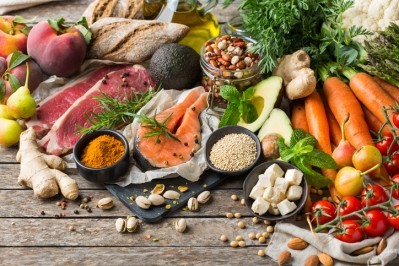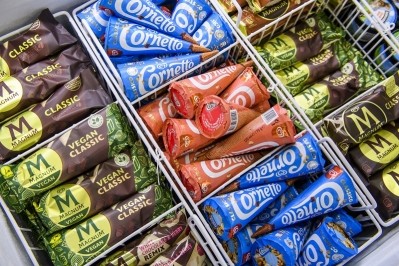Ready meals have ‘lower nutritional quality, higher greenhouse gas emissions and are more expensive’: study

Despite the arrival of challenger brands seeking to make healthy, sustainable ready meals, the options in this category have lower nutritional quality and higher greenhouse gas emissions (GHGE) and are more expensive than equivalent home-cooked meals, reveals a study.
The UK has one of the largest ready meal markets globally, with a market value of over £3·9 billion. It is estimated that 88 % of the UK adult population eat ready meals, with two out of five people eating them every week, according to Mintel.
Chilled ready meals make up 70% of the UK ready meals market share, with frozen meals occupying the remaining 30%. Some of the main drivers for the steady rise in the purchase and consumption of ready meals include time scarcity in modern life, more women in the workplace, varying eating times, lack of cooking skills or dislike of cooking, and a growing number of single households.
But many ready meals can be classified as ultra-processed foods. Besides their poor nutritional profile, another main concern is that GHGE from the consumption of ready meals in the UK currently contribute 15·7% of the total annual GHGE from the UK food and drink sector.
Researchers at the Rowett Institute at the University of Aberdeen therefore examined the extent ready meals and equivalent home-cooked meals differ in nutritional quality indicators, GHCE and cost.
They analysed the nutritional quality and estimated total GHGE (values up to supermarket shelf plus GHGE after cooking) and cost for fifty-four ready meals and their equivalent home-cooked meals.
The results
Overall, ready meals had significantly higher levels of free sugar compared with equivalent home-cooked meals.
Animal-based ready meals had significantly higher levels of GHGE, whereas the cost of ready meals, overall, was significantly higher compared with equivalent home-cooked meals. Animal-based meals, whether ready meals or equivalent homemade meals, had significantly higher levels of protein, contained significantly more kilocalories, had significantly higher levels of GHGE and were significantly more expensive, compared with plant-based meals. Overall, plant-based meals home-cooked on the gas or electric stove had the lowest GHGE and cost, whereas animal-based oven-cooked ready meals had the highest levels of GHGE and were most expensive.
“Large food producers and supermarkets can influence the way we eat by offering healthier, more environmentally sustainable and affordable choices,” the authors of the study wrote. The sector of plant-based meals is currently the fastest-growing food category in the UK, they claimed, with a growth of 92 % since 2018.. Furthermore, a recent study highlighted that adequate labelling of ready meals could help improve food consumption-related climate change and health issues. Therefore, cooking instructions on the back of the packaging may help consumers to choose the cooking method causing the least GHGE. “Using cooking methods such as slow cookers, pressure cookers and microwaves, all of which have a lower energy use, would significantly lower GHGE from home-cooking,” they stated.
“In conclusion, whilst the purchase and consumption of ready meals in the UK has increased in the past years, homemade meals have better nutritional characteristics, are cheaper and have lower GHGE, especially those that are plant-based. However, cooking can add to GHGE and the cost of preparing a ready or home-cooked meal, and better dissemination of this information to the consumer could potentially lead to more healthy, sustainable and affordable meal choices.”





















